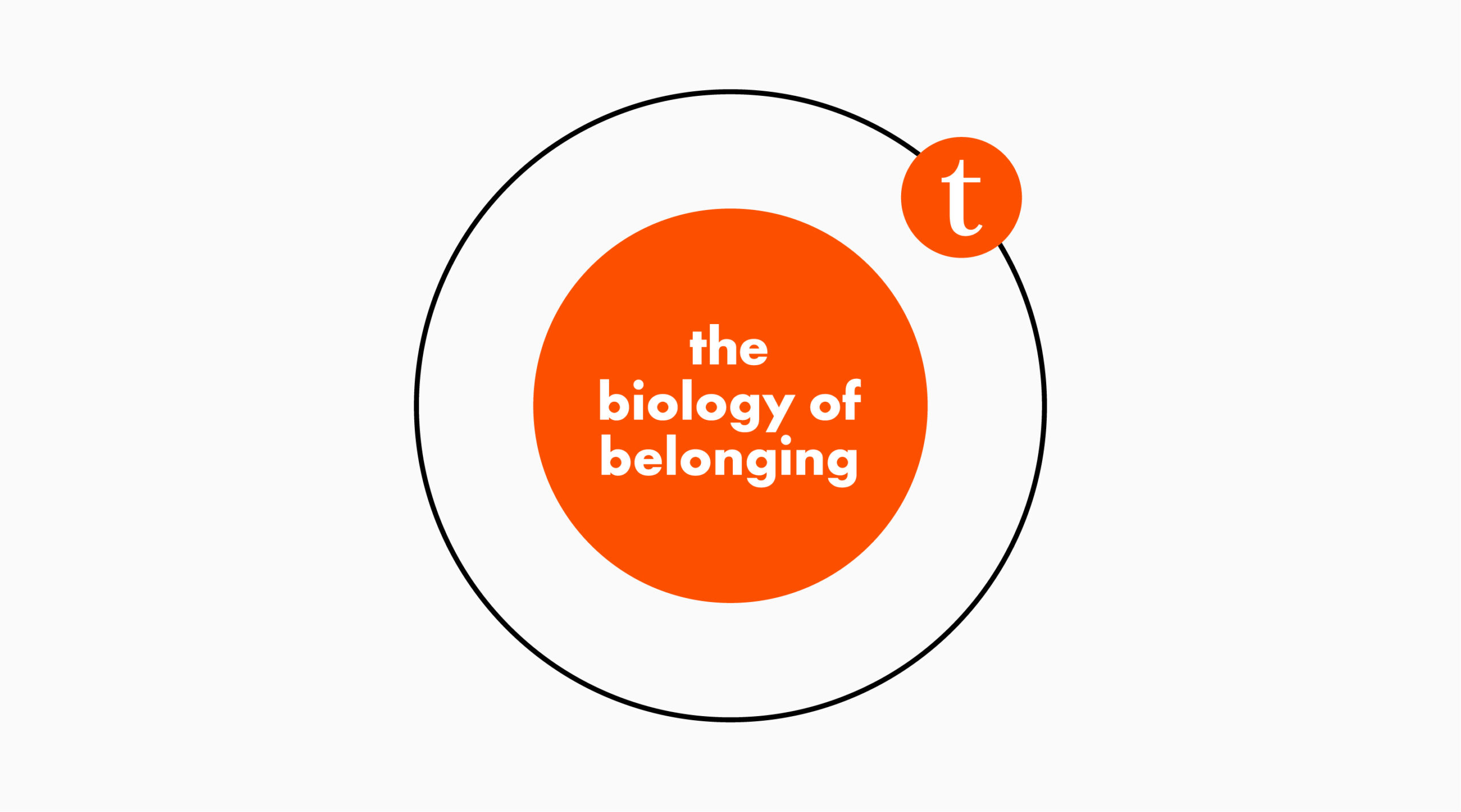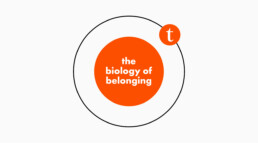Warren Larkin
Consultant Clinical Psychologist
About Warren
Prior to founding Warren Larkin Associates in 2017, Warren spent 24 years in the NHS, working predominantly with individuals and families experiencing serious mental health difficulties. Working first as an assistant working on the long-stay psychiatric wards at Prestwich Hospital, and then as Clinical Psychologist in Manchester in a service created to provide and research the impact of CBT and Family Interventions for people experiencing psychosis.
Warren went on to lead one of the two national centres of excellence in psychological care for psychosis – chosen to share and disseminate innovative practice in first episode psychosis services (FEP). This initiative contributed to a case for change which led to increased funding, and the introduction of the two-week referral to treatment time in FEP services in England.
Warren then spent 5 years as Network Clinical Director, responsible for Children and Families Services across Lancashire. Warren was responsible for the quality and safety of care and for research and innovation. This experience led to Warren’s passion for public health and prevention work.
Warren is a Consultant Clinical Psychologist and in addition to his clinical work with people experiencing psychosis and trauma, he has remained an active lecturer and researcher holding many honorary academic positions, including for the last 6 years a Visiting Professor position at the University of Sunderland.
He has a long-standing interest in the relationships between childhood adversity and outcomes later in life and has published numerous research articles on the topics of adverse childhood experiences and trauma and psychosis, and published an edited book in 2006 exploring this theme.
Warren completed a 2-year tenure as the Clinical Lead for the Department of Health Adverse Childhood Experiences programme, and has also worked with the Scottish Government and NHS HealthScotland to implement routine ACE enquiry in GP practices in some of the most deprived areas in Scotland.
Warren developed the routine enquiry about adversity in childhood (REACh) approach as a way of assisting organisations to become more trauma-informed and to train professionals to ask routinely about adversity in their everyday practice.
Warren has also been involved in policy development and has acted as an advisor to a number of UK and foreign government agencies. He was a member of the Children and Young People’s Mental Health Services National Task Force, the NICE expert reference group on first episode psychosis, the ‘Tackling Child Sexual Exploitation’ advisory group and was a contributing author of the Personality ‘Disorder’ Consensus Statement. He has also been supporting UNICEF in the Western Balkans to develop trauma-informed policy and practice.
Warren is currently co-leading the implementation of trauma informed approaches in 100 secondary schools in England, which is being evaluated by means of a randomised controlled trial funded by the Youth Endowment Fund and the Home Office.
Having left school with two O-Levels, very low expectations, and what turns out were the prerequisites for intractable imposter syndrome, he feels strongly about applying trauma sensitive and relational approaches to educational settings.
Warren Larkin’s workshop: Routine Enquiry about Childhood Adversity – A Key Pillar of Trauma-Informed Care – What It Is, What It Isn’t, and Dispelling the ‘Can of Worms’ Myth.
The sentiment of Trauma-Informed Practice has been summed up as the shift away from asking, ‘what’s wrong with you?’ to asking, ‘What’s happened to you?’
This is ironic when research indicates that routine enquiry about adverse childhood experiences is rare and inconsistent. Asking a help–seeking person about the things that might be contributing to their problems should be a feature of any assessment process. However, the evidence suggests that this is far from the case, with practitioners receiving little or no training about how to ask, when to ask, or how to respond to a disclosure.
Not surprisingly practitioners worry about getting it wrong, saying the wrong thing or ‘opening a can of worms.’ In contrast, studies of survivors tell us that they can spend decades in services where they receive ineffective or even harmful treatments designed to manage their symptoms, but ultimately, ignoring the cause. Studies have demonstrated that the human and economic cost of delayed disclosure and inappropriate care is enormous.
The solution is simple: offer routine or targeted enquiry about past and current trauma and respond therapeutically. In this workshop we will explore the research evidence and case for change, survivor, and professional perspectives on the barriers to disclosure, and why the fear of opening a ‘Can of Worms’ is more myth than reality.
Attendees will take away knowledge and practical insights about what constitutes best practice and consider the process of implementing routine or targeted enquiry in services.



































